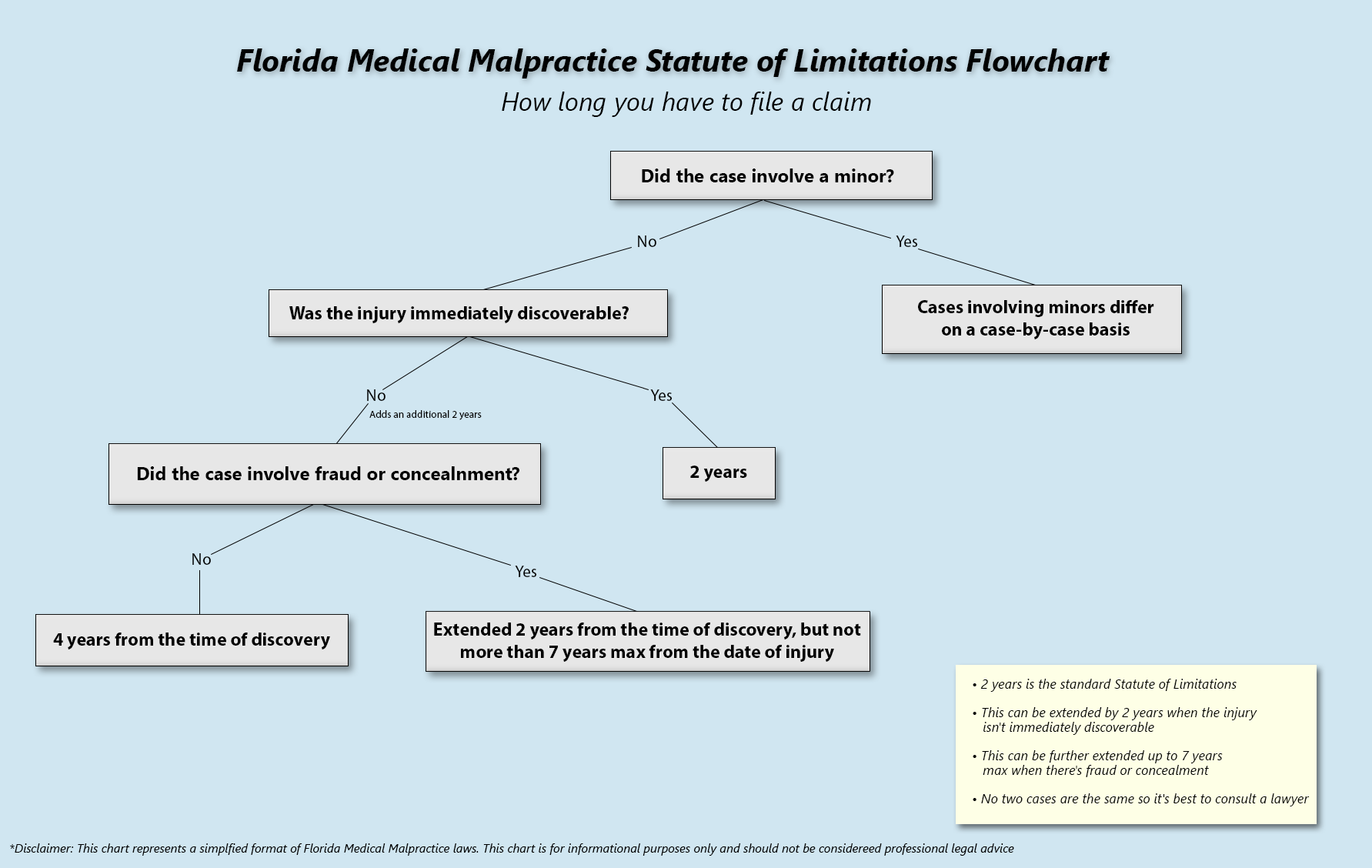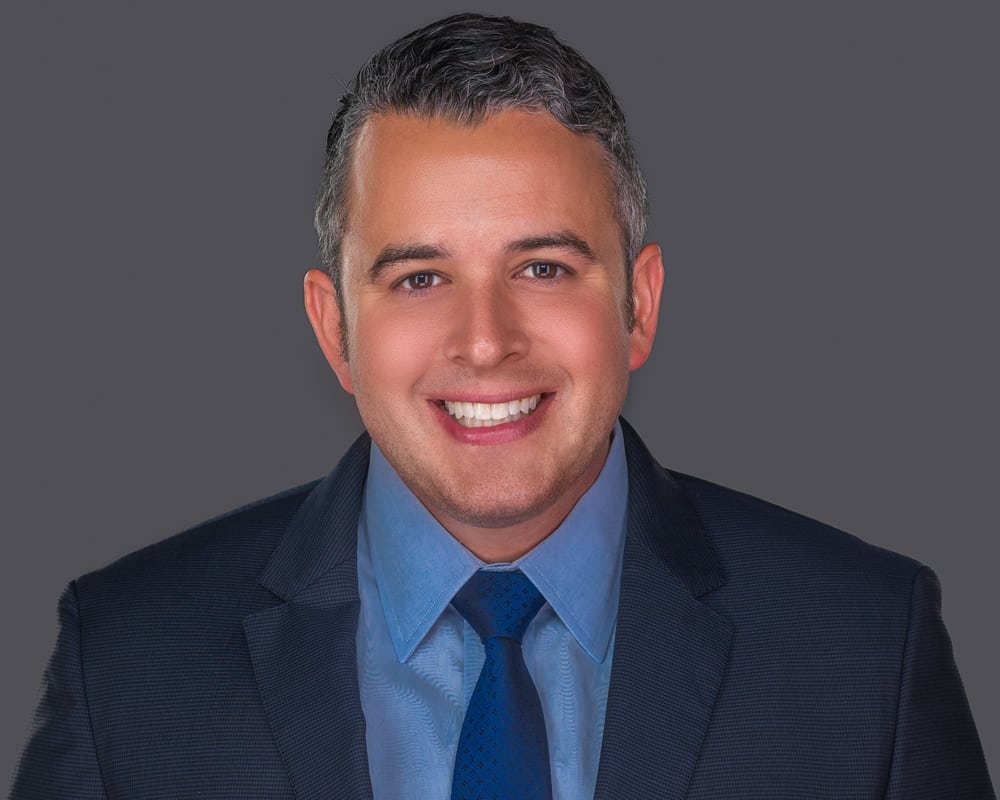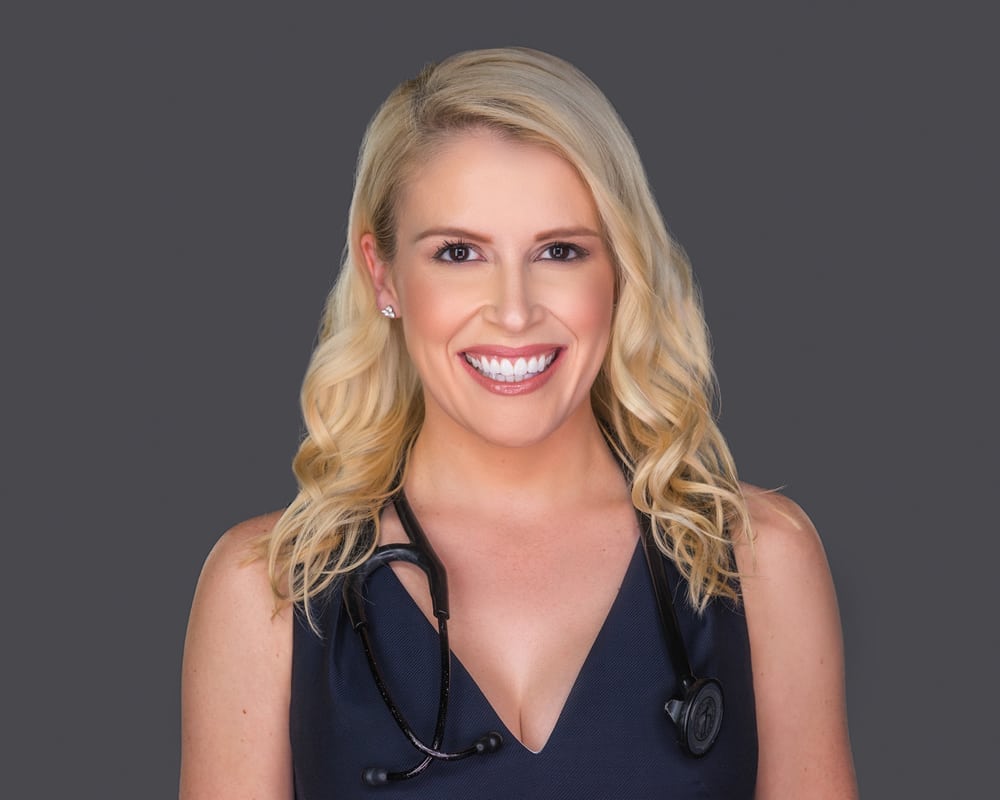Orlando Medical Malpractice Attorney
Did you suffer a medical complication in Orlando, Florida?
Perhaps you or a family member sustained an injury while receiving care at Florida Hospital, or Orlando Regional Medical Center?
Has your job or life been significantly altered as a result of an error by an Orlando medical practitioner?
At Di Pietro Partners, our Orlando medical malpractice lawyers are experienced in pursuing injury claims resulting from medical negligence. This includes medical injuries that occurred at an Orlando medical facility as well as other areas throughout the State of Florida. We have a board certified physician on staff to help review claims and ensure you receive the compensation and medical care you deserve.
Medical Malpractice Attorney David Di Pietro on National TV
Medical Care in Orlando, Florida
The City of Orlando which is located in Orange County, Florida has a population of just over 2.5 million residents, making it the 23rd largest metropolitan area in the country, and the third largest in the state. It is one of the most visited cities in Florida, thanks to the fact that it is home to Disney World and a thriving international business community.
The Florida Hospital is the largest hospital in Orlando with close to 2,000 hospital beds and a net operating revenue of $3.36 Billion. This hospital is owned by the large health care system AdventHealth, headquartered in Altamonte Springs just north of Orlando. Founded in 1908, this hospital is ranked among the top hospitals in the country across multiple departments.
We Handle All Types of Orlando Medical Malpractice Claims
There are a wide variety of different ways in which medical malpractice can occur. At Di Pietro Partners, our Orlando medical malpractice attorneys handle all types of medical malpractice claims, including but not limited to:
- Surgical Errors
- Improper Treatment
- Child Birth Injury
- Emergency Room Errors
- Misdiagnosis
- Misdiagnosed Strokes
- Medication Errors
- Neurosurgery Malpractice
What Constitutes Medical Malpractice in Orlando?
Medical malpractice can be a challenging thing to navigate from a legal standpoint. It is important for claimants to understand how it is defined under Florida Law in order to have an optimal legal outcome. In order for a case to successfully be determined to be true malpractice, there must be several specific factors in place:
- There must be a formal patient-doctor relationship established between the plaintiff and the defendant in the case. The purpose of this is to create a formal “duty of care” from the doctor to the patient. It should be noted that taking casual advice from a doctor does not legally constitute a formal patient-doctor relationship.
- The doctor must have breached his or her duty of care to the patient through negligent action. Legally speaking, negligence means that the party at fault failed to live up to what would be considered to be a normal standard of care that a reasonable person would expect under identical circumstances.
- The negligence of the doctor or healthcare provider must have demonstratively caused injury to the plaintiff.
- The plaintiff’s injury that was caused by the doctor or healthcare provider’s negligence must have led to damages.
Examples Of Doctor Negligence And Malpractice?
Malpractice can manifest in many different ways, depending on factors like the patient’s health and the type of doctor or procedure involved. The following is a non-exhaustive list of some relatively common forms of medical and hospital negligence:
- Failure to monitor a patient’s oxygen levels while he or she is sedated. If a sedated patient is not closely monitored by a qualified anesthetist or anesthesiologist and an error occurs, he or she can aspirate vomit and can suffer brain damage, coma, and death.
- Failure to notice and diagnose, or misdiagnosing an apparent early-stage disease.
- Failure to count all tools used during a surgical procedure. When items are forgotten and are left behind inside of patients’ bodies, it is referred to as surgical object retention or a surgical error. Whether a forgotten object is a soft pad of gauze or a sharp pair of scissors, the end result can be blockage, organ damage, internal bleeding, or death.
- Practicing in a field for which the doctor is not actually licensed or qualified.
- Improperly sterilizing tools and equipment, including failure to wash hands and take other hygienic measures prior to an operation or examination.
- Incorrectly filling out a prescription, or making a medication error that results in death or injury to the patient.
- Failing to obtain a patient’s medical history and information regarding food, drug, and alcohol use. This can lead to deadly drug interactions and avoidable complications which should have been foreseen.
- Permitting unnecessary and dangerous delays in treatment, such as waiting too long to address a known infection or illness.
- In pregnancy-related cases, causing a birth injury to the baby and/or mother, such as accidentally cutting the baby with a surgical tool during a C-Section delivery.
- Physically or sexually assaulting a patient, or otherwise engaging in sexual contact, abuse, or harassment.
If any of these issues have affected you or a loved one, you should contact our medical malpractice attorneys immediately as you may be able to receive financial compensation for your suffering and your losses.
Orlando Medical Malpractice Laws
Orlando’s medical malpractice laws are designed to govern legal claims arising from alleged negligence by healthcare professionals. These laws establish the criteria for what constitutes medical malpractice, set forth specific procedures for filing claims, and regulate the potential damages that can be awarded to plaintiffs.
Key aspects include the definition of medical malpractice, which typically involves a breach of the standard of care expected from medical professionals, leading to patient harm.
The laws specify a statute of limitations for filing claims, ensuring cases are brought within a reasonable time after the alleged malpractice. Additionally, Florida law requires plaintiffs to provide a pre-suit notice and obtain an expert affidavit to proceed with a claim.
These laws also address damage caps, although recent court rulings have adjusted their applicability. Furthermore, the laws detail the role of arbitration in resolving disputes and the qualifications for expert witnesses in malpractice cases.
Overall, Florida’s medical malpractice laws aim to balance the rights of patients to seek compensation for negligence with the protection of healthcare providers from unfounded claims.
If you’d like to read a more detailed summary of these laws, refer to our comprehensive article on Florida Malpractice Laws.
Standard Of Care
All medical professionals in the State of Florida must follow a reasonable “Standard of Care.” This means that regardless of where the doctor is located, they must give the same level of care given to any other patient under similar circumstances. For instance, a doctor in Miami must give the same standard of care that a doctor in Tampa provides his/her patients for a similar procedure. If an individual feels as if they are not given a reasonable standard of care that has resulted in injury or unnecessary suffering, they may have grounds for a malpractice suit. This is specifically defined under Florida Statute 766.101, which states that:
“The prevailing professional standard of care is that level of care, skill, and treatment which, in light of all relevant surrounding circumstances, is recognized as acceptable and appropriate by reasonably prudent similar healthcare providers.”
As an example, if a patient were to come into the Emergency Room complaining of lower right abdominal pain, the prevailing reasonable standard of care would be to press on the abdomen to check for rebound pain. Afterwards, the doctor would order blood work to check the white cell count, and a CT scan, Ultrasound, or X-ray. This would be considered the proper way to rule out appendicitis or other lower abdominal issues and fall under a reasonable standard of care.
However, imagine in the same scenario another doctor that simply tells the patient, “it’s probably just gas pains, you’ll feel better in a few hours.” Then, the doctor sends the 20 year old home without running diagnostic tests and the patient’s appendix ruptures, placing them in a life threatening situation from the resulting infection. In this alternative situation, because the second doctor did not provide what would be considered a reasonable standard of care, they may be sued for malpractice.
What to Consider Before Choosing an Orlando Medical Malpractice Lawyer
There are a number of different factors that need to be considered before selecting an attorney for your Orlando medical malpractice case. As these cases can often be long, complex and drawn out, choosing the right malpractice lawyer from the beginning is critical for a successful and satisfactory legal outcome.
One of the key things to consider when selecting a law firm is whether or not it is financially healthy. A financially healthy firm is typically a well established firm within the community that has a solid reputation for financial responsibility. This is important because it ensures that the proper level of hours will be assigned to your case, with no corners cut. The result of this will mean maximized settlement opportunities.
Another key point to consider is the firm’s reputation. There is nothing more valuable than word of mouth and unbiased reviews from current and former clients. The Orlando medical malpractice lawyers at Di Pietro Partners take pride on its long string of satisfied clients and successful case outcomes. In fact, our word of mouth referrals have made up a large portion of the growth of our firm over the years, and continue to fuel its growth today. When you choose a firm with a solid reputation to handle your medical malpractice case in Orlando that also is financially healthy, you are making the foundational first step in righting the wrongs of your doctor or health care providers malpractice.
Statute of Limitations for Orlando Medical Malpractice Claims
Like many other states, Florida has a Statute of Limitations for medical malpractice claims. The purpose of this is to ensure that malpractice suits are both valid and that the court system is not backlogged with cases from medical actions performed many years prior. Per Florida Law, the statute of limitations on malpractice cases is two years from the date of the incident, two years from the time the incident was discovered or should have been discovered with the exercise of due diligence. There is a final cap of four years regardless, except in instances involving minors before their eighth birthday.
Contact Our Orlando Medical Malpractice Attorneys
Malpractice is an unfortunate reality that occurs in the healthcare and medical industry despite many procedures, rules and regulations in place to prevent it. While not every situation involving malpractice can be completely fixed by financial compensation, achieving justice for wrongs committed through error or negligence by doctors and healthcare providers can help improve the quality of life of victims and their families. Di Pietro Partners is an award winning medical malpractice law firm that has decades of experience successfully winning cases and financial compensation for its clients. If you are the victim of medical malpractice, please contact our firm today to see how we can help. Our Orlando office location and contact information is listed below.
111 North Orange Avenue
Suite 800
Orlando, FL 32801
(407) 278-5250


